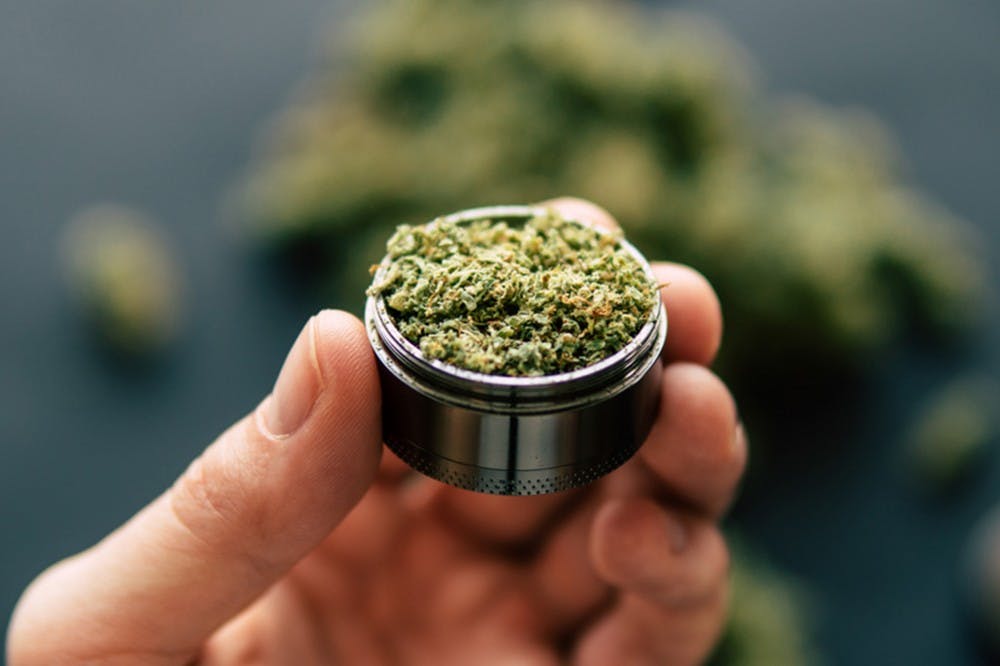With many new and wacky health treatments coming up every day, there is one that has become exceedingly popular and researched. CBD, or cannabidiol, is proving time and again to be an effective treatment for a range of illnesses. It has even been partly approved by the FDA. However, despite more doctors and health specialists recommending CBD as a treatment, the drug is still not covered by insurance or even completely legal in some places.
CBD is a compound most known for being in marijuana. CBD and THC are the the largest components of marijuana, with THC being the compound responsible for the mind-altering high that one gets from marijuana use. CBD, on the other hand, has no mind-altering factors, but it has proven to have effects on the body. CBD for medical use is also extracted from the hemp plant and not directly from the marijuana plant.
CBD has been shown in many studies to relieve pain, act as an anti-inflammatory, treat epilepsy and anxiety disorders, fight cancer and treat other neurological disorders. CBD is also perfectly legal to buy in South Carolina and available at many health stores.
The issue is that despite the effectiveness of CBD oil, people in need of it have to pay expensive, out-of-pocket prices to buy the oil as a treatment for themselves.
The FDA approved the use of CBD as a treatment for two types of epilepsy in June. Though many doctors recommend the use of CBD oil to treat epilepsy, health insurance does not cover CBD for patients. CBD is classified as a schedule one drug, making it somewhat illegal. Because the Department of Agriculture only tests hemp plants to make sure there is no THC before selling, producers of CBD products are able to sell their products legally in most places.
This also means that products can be marketed as “CBD-rich," but may actually not have a very high concentration of CBD. CBD oil can sell for around $50 for a small 500 mg bottle at the a store in Columbia. Paying for this monthly, in addition to the already high costs of health insurance, make CBD a treatment that may not be accessible to those who really need it.
USC’s very own Marcus Lattimore has commented on the use of CBD for treatment, saying he agreed it should be used in sports and for other treatments in a tweet in May.
All of these issues lead to the conclusion that CBD should be more regulated and taken off of the schedule one drug list in order to be covered by insurance carriers. Those selling CBD products should have to clearly label the amount of CBD in their products to refrain from duping those with serious illnesses wishing to treat their symptoms.

